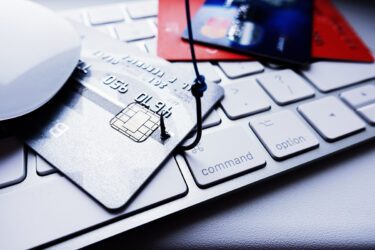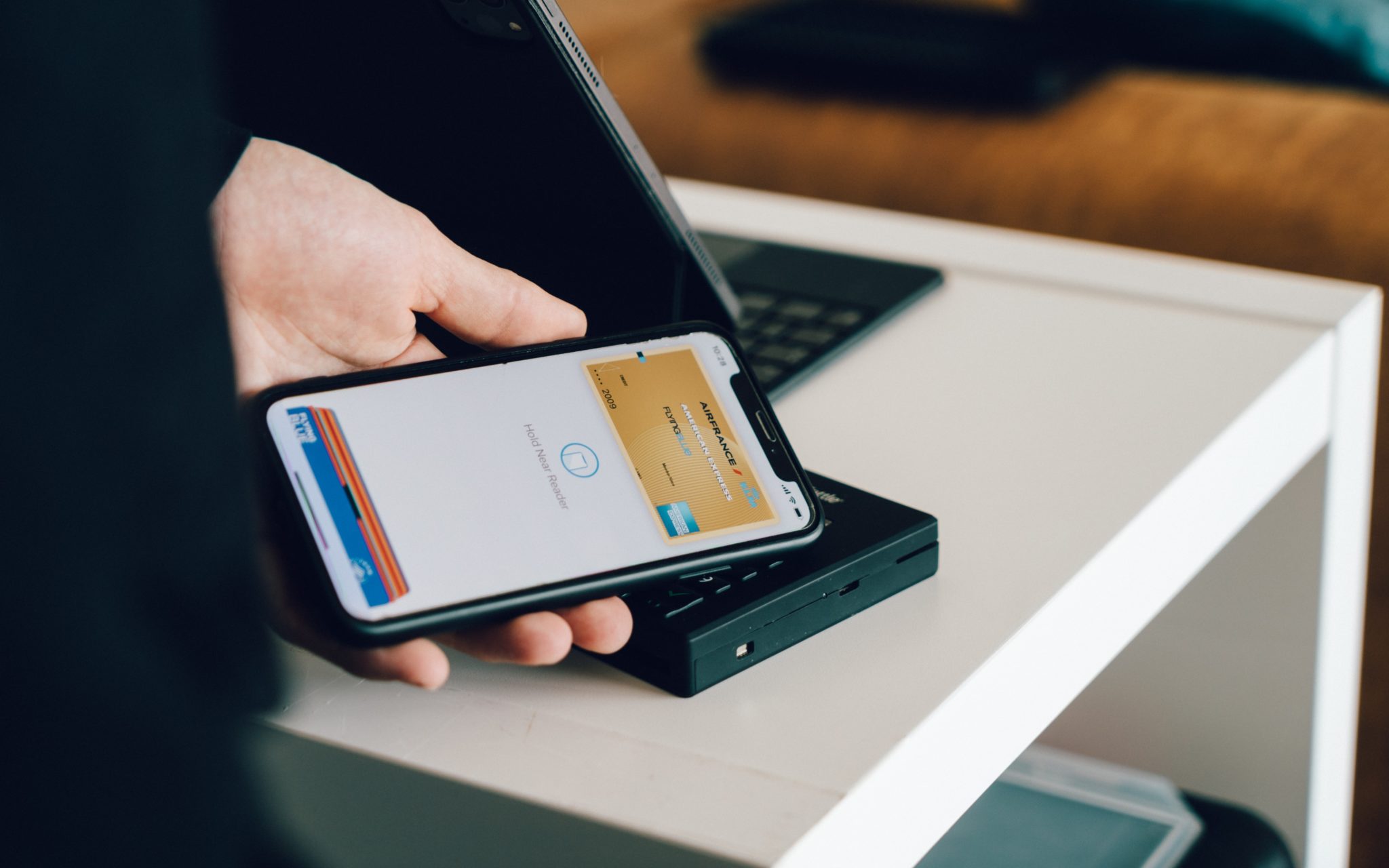Owning a retail business means managing a lot of moving parts. You might be aware of physical threats to your business inventory, like theft or damaged goods, but what about the cyber side? From malware to phishing, you must know how to protect your business and customers from cybersecurity threats digitally.
Phishing attacks are the most common cybercrime you must look out for as a business. Not only can it affect your customer base if you allow their info to be stolen, but it can also cost you millions of dollars. If your company uses any POS system, the second most common attack involves malware designed to target your data. Continue reading to learn more about these types of attacks and how you can prevent them.
What is Phishing Exactly
 Simply put, phishing involves criminals sending a link that will lead users to a fake site or download malware. This type of attack can gather all sorts of personal information for the individual. For businesses, this is most commonly used to get info on your customers, like their emails, any credit cards on file, and all other information you have on them. This is called intelligence gathering and it’s reported that 91% of all cyber attacks begin with a phishing email.
Simply put, phishing involves criminals sending a link that will lead users to a fake site or download malware. This type of attack can gather all sorts of personal information for the individual. For businesses, this is most commonly used to get info on your customers, like their emails, any credit cards on file, and all other information you have on them. This is called intelligence gathering and it’s reported that 91% of all cyber attacks begin with a phishing email.
A data breach harms companies’ reputations and can cost them millions. If you have a breach that exposes 10 million records, you could be looking at an average of $50 million to recover. Thankfully, there are ways to combat this type of threat, just like with loss prevention. Employee education, multi-factor authentication, and NCR Counterpoint can all help keep your company safe from this growing risk.
Employee Education
Phishing attacks rarely target the main leader of a company and certainly don’t need to. Employees simply opening a phishing email or other pop-up on a company computer can put your business at risk. This is why educating everyone on your team about what to look out for is important.
While Google and other email providers do their best to prevent these emails from reaching you, there is no foolproof way to prevent them completely. Making your employees risk-aware is the best way to prevent phishing emails from working. Advise employees not to click on links from unverified sources and to double-check emails they believe come from a safe address. Phishing links can look extremely close to the real thing, with over half using “.com” domain names. Many programs online will simulate phishing emails to test if your team understands how to detect a threat.
Ensure your employees know how and where to report a suspected phishing attempt—letting the rest of your team know what to look out for.
POS Malware
 All retail businesses need a point-of-sale system, and cybercriminals know this. They have designed malware specifically meant to target these types of networks, and the use of it is on the rise. Protecting your system by updating firmware and ensuring it stays compliant with current regulations is the best way to protect it from a malware attack.
All retail businesses need a point-of-sale system, and cybercriminals know this. They have designed malware specifically meant to target these types of networks, and the use of it is on the rise. Protecting your system by updating firmware and ensuring it stays compliant with current regulations is the best way to protect it from a malware attack.
Malware downloaded onto these systems can steal your customer’s card numbers, pins, and other data. Criminals don’t even need to touch these devices to install their malware. Infected software, USB connections, or email links like the phishing ones we discussed earlier can all infect a system.
There are multiple ways to prevent these types of attacks. One is to update your systems with the latest security updates. Staying in compliance with PCI guidelines is a good way to ensure you have a good base, but it is not the only thing you should do to protect yourself and your customers. Multi-factor authentication helps provide more security to your networks beyond a simple username and password. Combined with regular monitoring of your company’s logins, you can detect abnormal behavior that might be a malware attempt. Lastly, just like with phishing, employee education is an important part. Phishing lessons can stop them from opening malware-containing links, and education on not connecting unknown USB devices can greatly lower your risk.
How NCR Counterpoint and RCS Can Help
As we mentioned earlier, you need to consider many things when running your business. Cyber attacks are becoming increasingly common, and there is the risk of millions lost if you are a victim of an attack. You can start by fully owning your data with our automated data exporter tool. You will be in complete control of where and when you transport your data. Additionally, RCS can help, offering NCR Counterpoint a robust Point-of-Sale system with many built-in security features. As well as managed hosting options that are always PCI compliant. Working with RCS will give you peace of mind knowing your information is secure.



